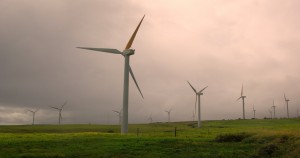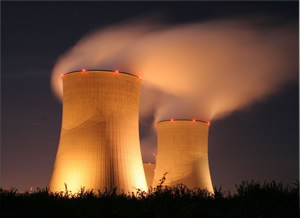3 item(s) were returned.
President & CEO
The Electricity Consumers Resource Council
The Federal government supports energy investment and production through the tax code and spending programs administered by the Department of Energy (DOE). In 2016, energy-related tax preferences cost an estimated $18.4 billion, while relevant DOE spending programs cost $5.9 billion. DOE programs advance knowledge benefits, which the private sector underproduces because companies cannot capture all the benefits for themselves. Early-stage research and development (R&D) has the largest “knowledge spillovers,” yet DOE direct investments in applied (late-stage) energy research is more than double those in basic (early stage) research. Tax preferences may encourage knowledge benefits for nascent technologies but deter investment… [more]
View InsightUnited States Senator, State of Hawaii
Member, Senate Appropriations Committee
My legislation is based on a very simple idea. And that idea is that there ought to be a level playing field between fossil fuels and clean energy. Right now, fossil fuels subsidies in the tax code, for the most part, are permanent and the clean energy tax credits, for the most part, are temporary. Now, there is a good reason to make tax credits, subsidies, and incentives temporary in the tax code; from a policy standpoint, that requires legislators to reevaluate how a policy is working over time and to make modifications. But when you make a tax incentive… [more]
View InsightProfessor of Physics
City College of the City University of New York
The low cost and abundance of natural gas is rapidly causing utility companies to replace coal plants and aging nuclear power plants with gas-fired power plants. The widespread transition to natural gas highlights a need for the nuclear industry to focus on innovation as a means of regaining its competitiveness. Yet innovation requires long-term investment, and the nuclear sector faces structural difficulties in procuring the necessary funds to develop promising technologies. Republicans, who now control both houses of Congress, draw a strong distinction between basic research, which they generally accept as a federal responsibility, and applied research, which they believe… [more]
View Insight

